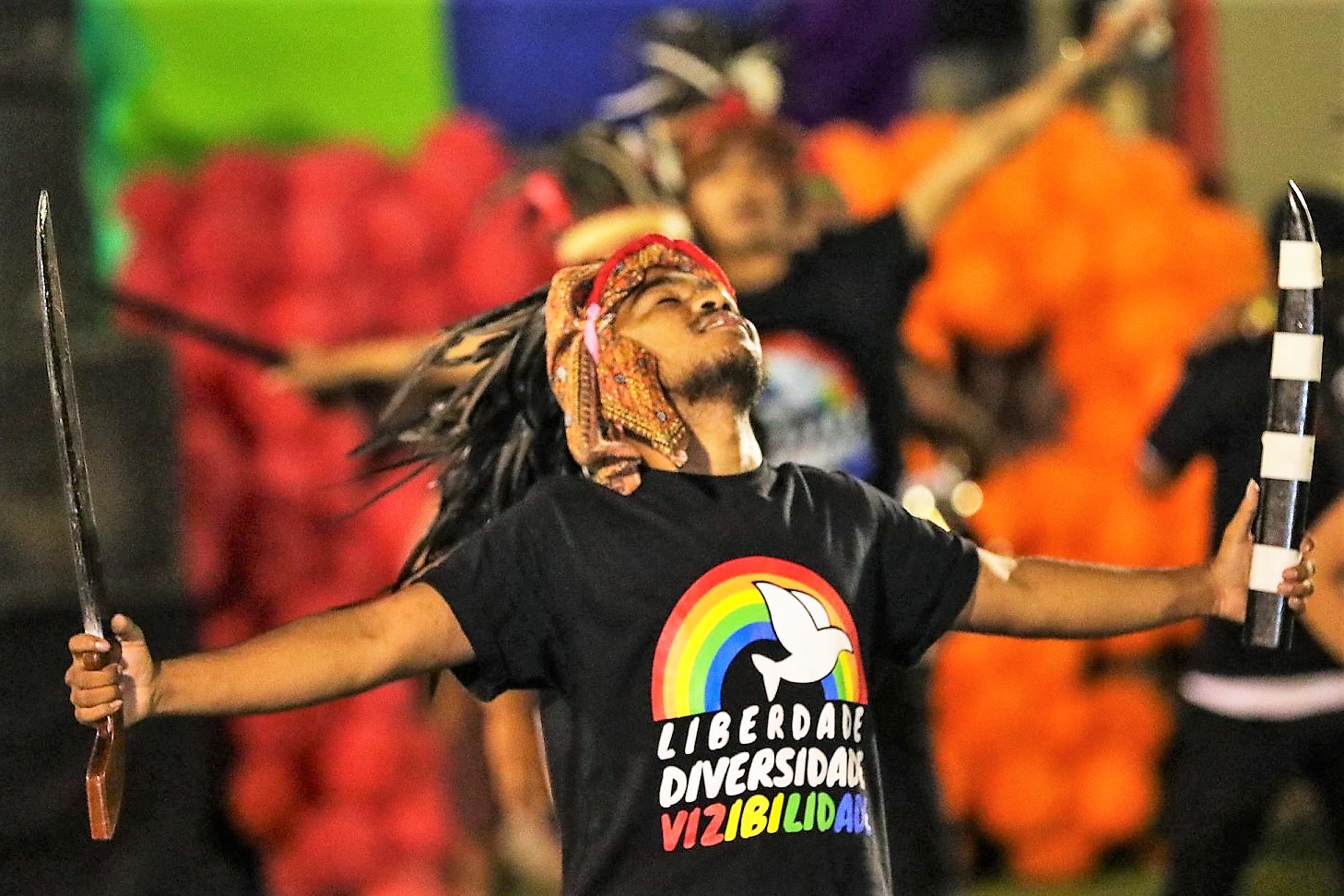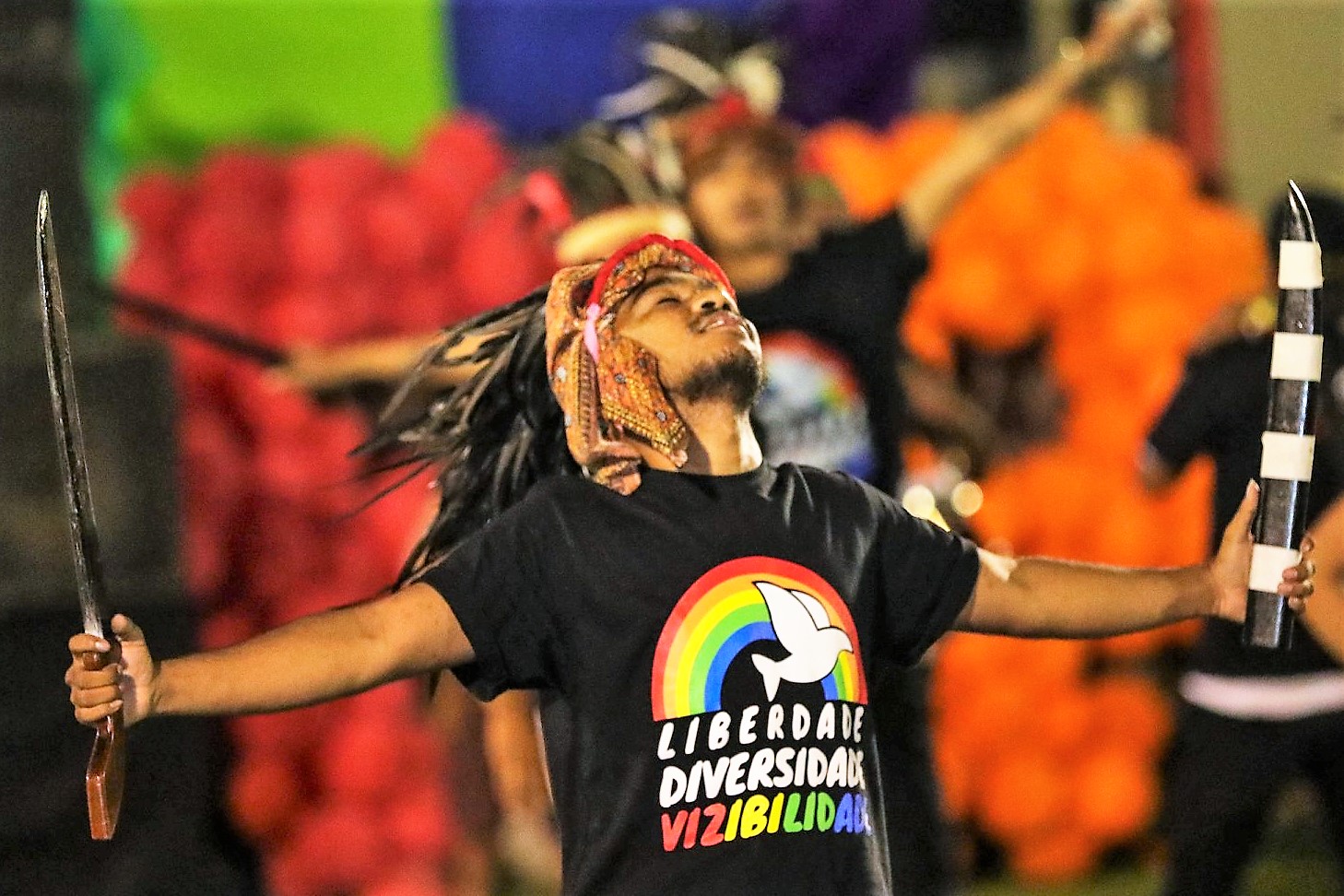Queering LGBT rights in Timor-Leste – New Mandala

On 19 April, Timor-Leste held the second round of voting in its 2022 presidential election. According to the preliminary result by the Technical Secretariat of Electoral Administration (STAE), former Nobel laureate, former Prime Minister between 2006 and 2007, and former president between 2007-2012, Jose Ramos-Horta from CNRT party, beat his opponent, Fretilin’s Francisco Lu-Olo Guterres, with 397,145 votes (62 percent), was sworn in on 20 May. Ramos-Horta was unable to secure a majority of votes in the first round held on 19 March, but succeeded in the second round. The overall participation rate is more than 75 percent with about 860,000 registered voters.
During the election, the politicisation of sexual politics drew much attention. In spite of Ramos-Horta’s strong commitment to including the lesbian, gay, bisexual and transgender (LGBT- this shorter form is more commonly used in Timor-Leste) community, they have remained invisible in previous political agendas or debates. This has been highlighted by some dilemmas and controversies in promoting inclusion and recognition of LGBT community in Timor-Leste.
Adopting queer IR theory, this article reveals the politics of inclusion and recognition, as well as an indigenous understandings of gender and sexual identities. Timor-Leste, a post-conflict and post-colonial country, has not only been affected by a culture of violence, but also been dominated by the militarised masculinity, which worryingly results in the normalisation of violence as well as the internalisation of gender-based binary between male perpetrators and female victims. By fixing sexualities in human rights discourse without problematising gender categories and structures, Timor-Leste risks perpetuating or intensifying the invisibility, marginalisation and exclusion of the LGBT community, who do not easily fit into the gender categories, in economy and institutions.
LGBT rights have expanded rapidly on a global scale in recent years. In 2011, the UN published its first report on LGBT rights, and more than 80 countries signed the joint statement on ending acts of violence and related human rights violations based on sexual orientation and gender identity. Important political leaders, such as former U.S. President Barack Obama and the former Secretary of State Hillary Clinton, have promoted LGBT rights.
Timor-Leste is no exception. Although it is the newest and poorest independent country in Southeast Asia, it is one of the most tolerant towards the LGBT community and accepting of their rights. It does not criminalise homosexuality and supports the LGBT community to express their identities in public. Article 59 of the 2009 Penal Code criminalises any discrimination based on sexual orientation. The ex-Prime Minister and the first politician in Southeast Asia to publicly support LGBT rights, Rui Maria de Araújo, denounced any form of discrimination based on sexual orientation or gender identity and expression (SOGIE). The public and some individuals from the Church have been supportive of Pride Parade (Marsa ba Diversidade), which was first organized in 2017 and continued in 2018, 2019, and 2022.
Nevertheless, there has been no policies or programs directly tackling LGBT rights or protecting the community in Timor-Leste. While the issue of LGBT rights became hyper-visible during the 2022 presidential election, some concerns regarding the expansion of human rights to include LGBT community were raised.
During the presidential debate and campaign, Ramos-Horta publicly urged equal recognition and non-discrimination, including of the LGBT community. His words were interpreted by his opponents as a push for legalisation of same-sex marriage, or promotion of sexual liberation, while a few questioned whether his inclusion of LGBT community was a tokenistic attempt to win votes through social media. LGBT activists, such as Bella Galhos, clarified that local LGBT community has never sought to legalise same-sex marriage in Catholic-majority Timor-Leste. Ramos-Horta’s attempt to advance the agenda that “gay rights are human rights” in his presidency is fundamental to including and recognising the LGBT community, regardless of differences and hierarchies of gender and sexuality.
Advancing LGBT rights cannot be reduced to any particular form, such as the legalisation of same-sex marriage, but even if it were, this would not challenge the dominant discourse and categories and the constructions of gendered and racialised categories, which perpetrate violence and discrimination against the LGBT community. It may even reinforce existing hierarchical, heterosexual power relations and structures, by expecting marginalised people to conform to predetermined and subordinate roles.
There are unintended consequences of internationalising LGBT rights.
The impacts of advancing a human rights discourse to include LGBT rights universally, or a so called “gay international” agenda have been mixed. Judith Butler claims that the expansion of international LGBT rights is general and abstract enough to be able to redefine itself in different contexts. On the other hand, Joseph A. Massad contends that gay international risks reproducing orientalism without giving space to local queer identities and categories.
Rights language collapses LGBT rights with sex, sexuality, and gender, yet they are not necessarily the same. While some believe that there is ontological distinction between gender and sex in which sex refers to the biological categories of male and female, gender refers to social constructions of femininity and masculinity, others question this distinction, and claim that they are either overlapping or interdependent. The interrelatedness of sex, sexuality and gender indicates a plurality of categories and figurations in the domestic and international orders.
But gender or sexual diversity as the result of civilisational or state progressiveness may be a reflex of state or neo-colonial power which tends to discipline or normalise gender and sexuality, according to Momin Rahman. Markus Thiel reminds us of the possibility of fluid and non-binary gender and sexuality, which exist in many precolonial indigenous societies. Sara Niner argues that “There is some acknowledgement that customary society in Timor did include non-binary forms of gender expression but this remains under-researched and undocumented.”
Dominant categories and stereotypes determine who and what is (in)visible. In Timor-Leste, LGBT community is legal yet under-protected within existing social programs based on a heterosexual logic. For example, Bolsa de Mae (Mother’s Purse) and Cesta Basica (Basic Food Basket) target vulnerable women with children and households, often leaving out LGBT groups who are single or cohabitate with their same-sex partners or friends. In addition, the LGBT community is easily denied to access economy, health and education sectors due to the strong sexist categories and stereotypes, despite the Timorese government already ratifying a couple of international human rights conventions and instruments. Seeking recognition and inclusion of LGBT community through human rights discourses may reinforce, rather than challenge these dominant categories and stereotypes.
While particular categories and stereotypes are highlighted, local understandings and experiences may be suppressed. However, those who identify themselves as transgender have different understandings about what a transgender means compared to the common understanding of international human rights discourse, which often defines transgender as “an umbrella term for people whose gender identity and/or expression is different from cultural expectations based on the sex they were assigned at birth.” One lead LGBT activist and a transman, Joker da Silva, lives with and co-parents a daughter with his partner, Zelia da Costa, who identifies as a bisexual woman. When asked about his identity, Joker claimed that “I saw myself as a girl, but my feelings were as boy.” Joker saw himself as both a boy and a girl, which cannot be easily reduced to a binary logic or a cultural construction of who/what a boy or a girl is.
If the state’s role as the protector of LGBT community rights is naturalised, the LGBT community may struggle to problematise state-sponsored “homonormativity” or “homophobia” as political strategies that legitimise and consolidate the identity and power of the state. Queer scholars Amy Lind, Jasbir Puar and Weiss and Bosia argue that the political deployment of homophobia is used to consolidate identities, enforce heteronormative forms of behaviour and ultimately to consolidate political and economic power for certain elites, such as Uganda’s 2014 Anti-Homosexuality Act, as well as Ghana’s crackdown and criminalisation of LGBT community. In Timor-Leste, one official declaration from a Baucau regional hospital published in 2020 perpetuated this heteronormative attitude: “Male clients cannot use earrings on ears and noses because this shows that you are not normal, therefore we will not treat you. And we will not attend those who have long hairs (sic).” Critics claim that the Ministry of Health has had a tendency “to an endorsement of homophobia” excluding homosexual men from its HIV-AIDS program.
Under some conditions, the hypervisibility and expansion of LGBT rights may encourage anti-LGBT sentiments. Timor-Leste’s neighbouring country, Indonesia, for example, has been tolerant of the LGBT community, and homosexuality is legal (except in Aceh province). However, many called for the outlawing of same-sex relations a few years ago, and lobby groups have been pushing for the passage of “Family Resilience Bill” to cure the queer sexual and gender orientation of LGBT community since 2020. Despite this backlash against the LGBT community does not yet occur in Timor-Leste, strong cultural and religious norms which bind women as wives and mothers whereas men as breadwinners could prevent a universally acceptable LGBT culture from emerging in local society in spite of increasing LGBT visibility.
Until now, many of the fundamental rights of LGBT community are not yet fully protected in Timor-Leste. Their access to different sectors, such as education, employment, and health, are relatively constrained, compounded by COVID-19 and relevant regulations. Moreover, although there is no crimination of homosexuality, no government program or policy exists to protect LGBT rights, and sexual or gender-based violence against LGBT community is high. A study showed that 86 percent of LGBT people experienced different forms of violence, many from families and communities. Failing to include and protect the LGBT community risks worsening their conditions of health and self-development.
While we may expect Ramos-Horta to bring about a more inclusive and progressive political agenda during his presidency, it is important to pay attention to the unintended consequences of LGBT movement through human rights discourses in current political institutions and frameworks. Moreover, it is crucial to explore more fluid precolonial or indigenous understandings and experiences of gender and sexuality through more documentation and research, which may not only challenge the underlying binary categories and structure introduced and reinforced by colonial powers and Catholic Church, but also demonstrate gender and sexual diversities through which the local LGBT community can actively define and redefine what gender and sexuality mean to them based on their multiple and diverse life experiences and perspectives.
Violence and stigmatisation towards the LGBT community remains prevalent in Timor-Leste, and the state has not taken an active role in protecting the LGBT community. However, it is undeniable that local LGBT activists and community are proactively claiming and reclaiming their rights from below, such as through internet, not necessarily tied to the mainstream general categories and meanings of rights discourse. Ramos-Horta and the ninth government need to consult and work closely with LGBT community and advance relevant rhetoric and practices with political wisdom, prudency, and carefulness if they want to include and protect the LGBT community in public policies and programs without provoking anti-LGBT sentiment and further oppression and violence.
